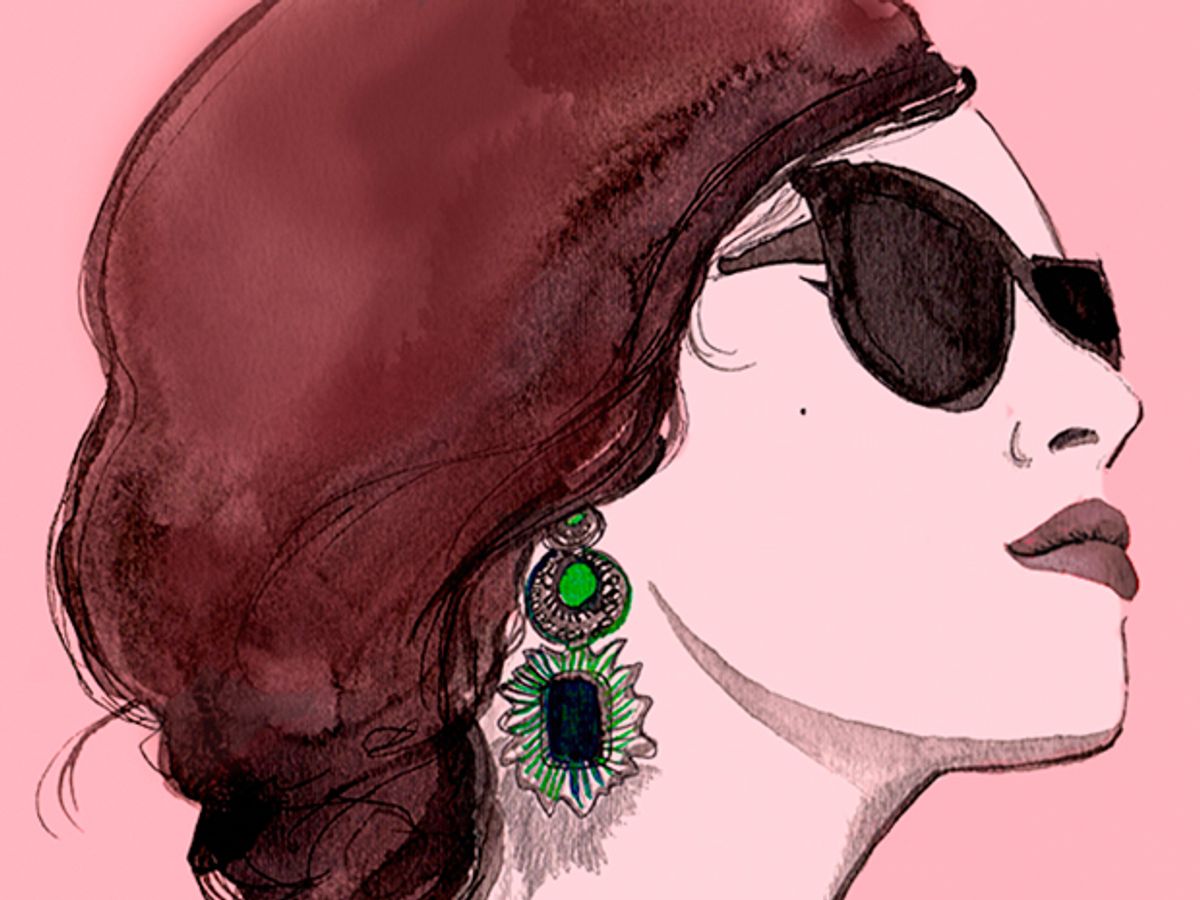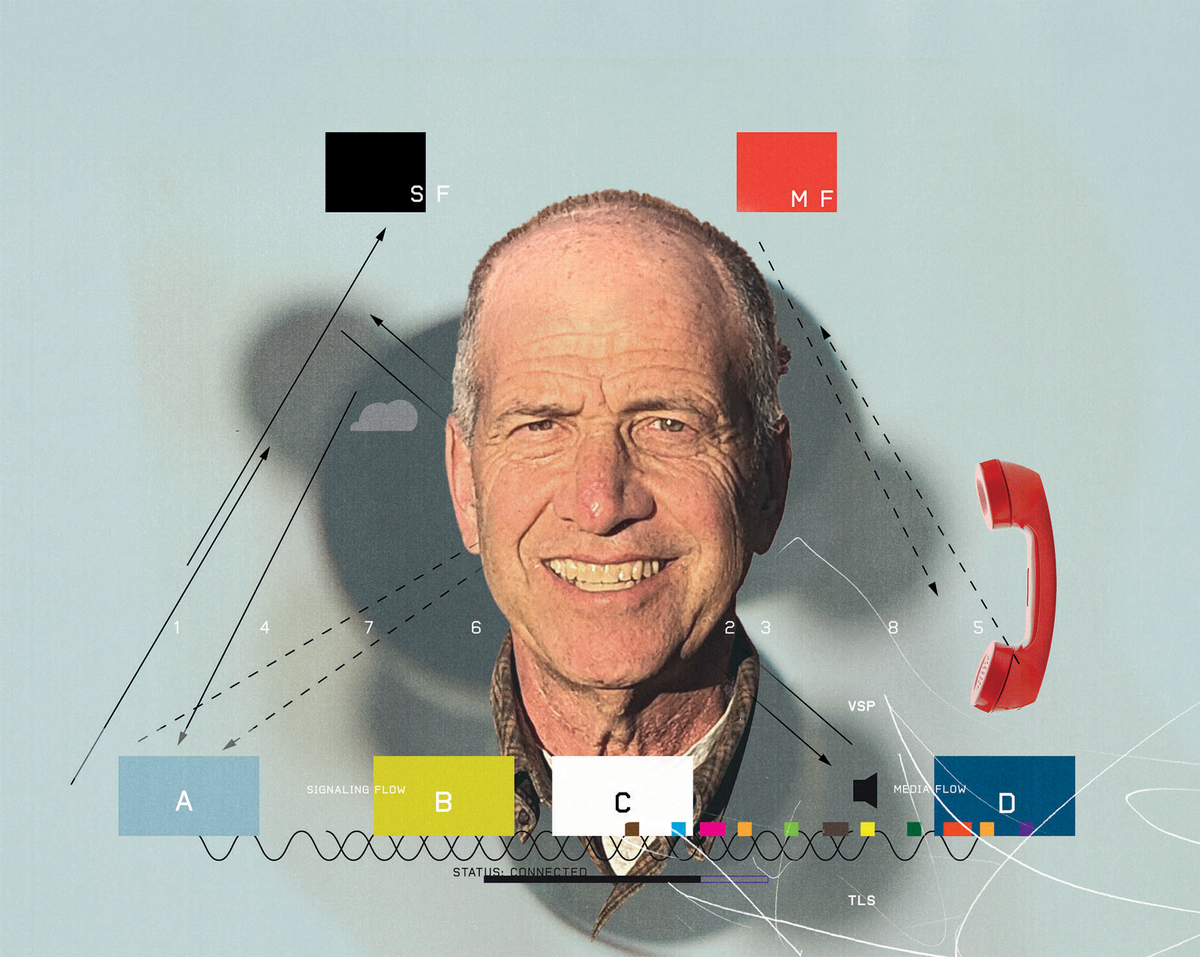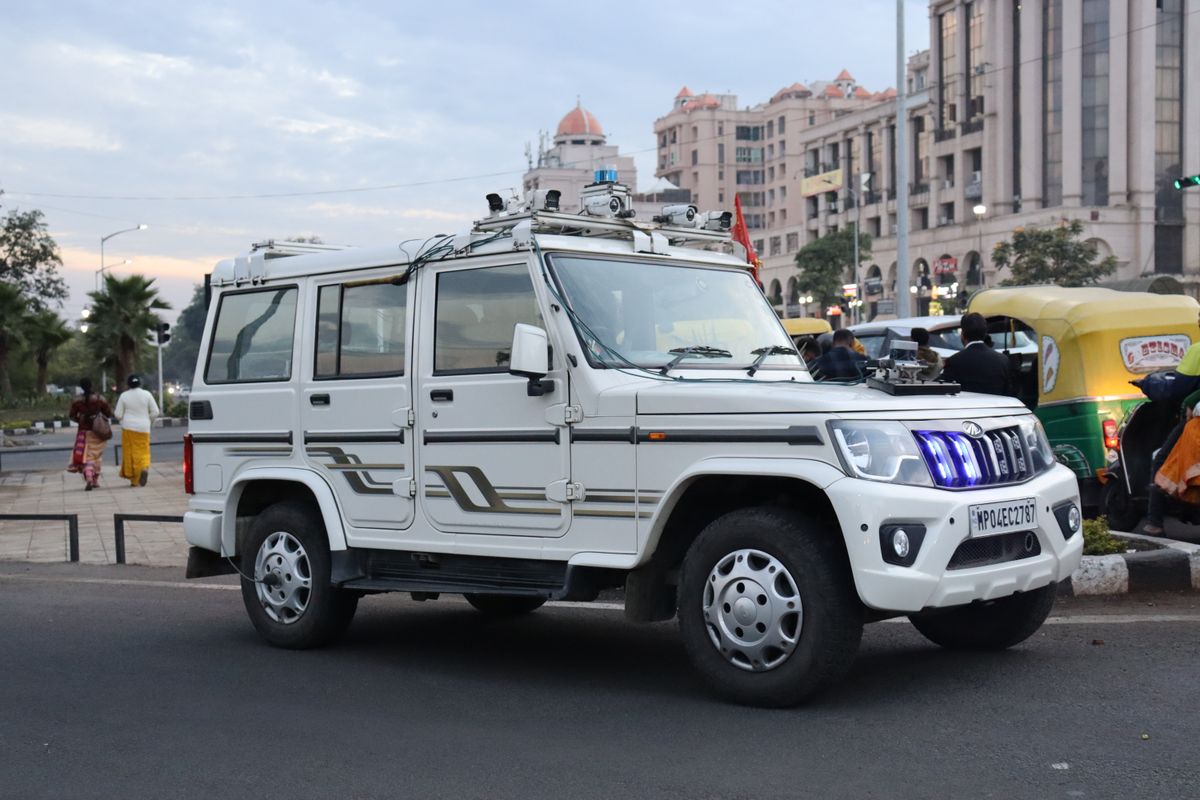A big part of Waymo’s trade secrets case against Uber and self-driving truck startup Otto Trucking is that the company takes protecting its technology very seriously.
“All networks hosting Waymo’s confidential and proprietary information [are] encrypted and [require] passwords and dual-authentication for access,” read its original complaint, in which it accused engineer Anthony Levandowski of downloading 14,000 of those secret files about lidar and other technologies. “Computers, tablets, and cell phones… are encrypted, password protected, and subject to other security measures. And Waymo secures its physical facilities by restricting access and then monitoring actual access with security cameras and guards.”
However, according to a recent court filing, Waymo also turns its secret lidar circuit boards into jewelry and gives them away to employees leaving to work for rivals.
From 2011 to 2014, Seval Oz was head of Global Partnerships and Business Development for Google’s self-driving car program. When she left the company that August to run Continental’s Intelligent Transportation Systems division, Google threw her a going-away party at which it presented her with distinctive, custom-made earrings.
The nature of these earrings was revealed last week in a deposition of Pierre-Yves Droz, a long-time engineer on the self-driving team. A lawyer for Otto Trucking handed Droz the earrings and asked if he recognized them. “Those… are early version of the GBr2 transmit boards,” replied Droz.
GBr2 stands for Grizzly Bear 2, an older version of Google’s lidar at the heart of the case. Waymo has accused Uber of basing its lidar on the latest Grizzly Bear 3 sensor. Droz went on to testify that the differences between the two versions were small improvements. “This is confidential… [It’s] not something we should give to someone, especially if someone is leaving the company,” he said.
Otto Trucking presumably intends to argue that Google and its spin-out Waymo have been so careless with their lidar technology that it no longer counts as a trade secret.
Anthony Levandowski tracked down the earrings personally, according to text messages included in the filing. Over the course of three weeks in July and August, Levandowski exchanged multiple texts with Oz, trying to find a convenient time for her to hand the earrings over to him. “I could meet you in Fremont or do dinner your call,” wrote Levandowski. “Just want to make sure I don’t forget to grab the ear rings.”
Levandowski finally acquired the earrings on August 18, just four days before Droz was deposed. Incidentally, the text messages also raise the possibility that Apple is using technology from Oz’s new start-up Aurima, which says it is developing multi-sensor deep-learning awareness for self-driving cars. One of Oz’s text messages to Levandowski says: “I’m at Apple until 3:00pm then free if u [sic] are around.”
Although the earring incident calls Google’s security into question, Waymo’s lawyers think it might ultimately help their case. “It is clear that Mr. Levandowski had been collaborating with Otto Trucking on this plan to sandbag Waymo’s lead GBr3 engineer at deposition with the earrings,” reads its latest filing. Waymo thinks that such a collaboration could open the door to attack the defendants’ claims of legal privilege, giving it access to more communications between Levandowski, Otto Trucking, and Uber.
The case is due to go to trial on October 10 in San Francisco.
Mark Harris is an investigative science and technology reporter based in Seattle, with a particular interest in robotics, transportation, green technologies, and medical devices. He’s on Twitter at @meharris and email at mark(at)meharris(dot)com. Email or DM for Signal number for sensitive/encrypted messaging.



